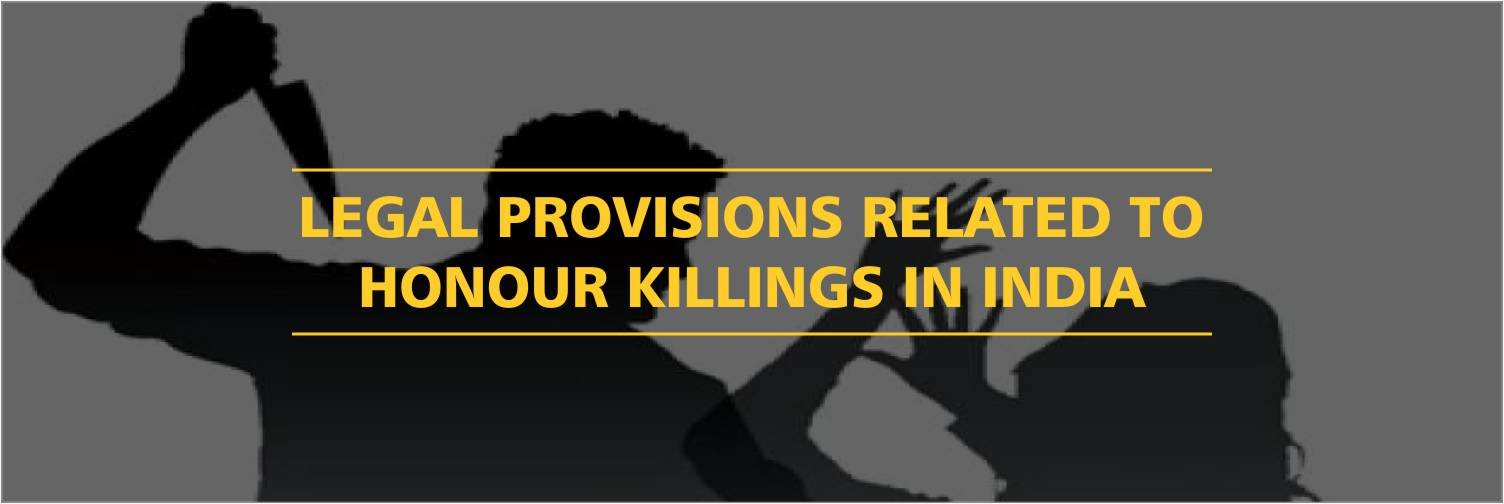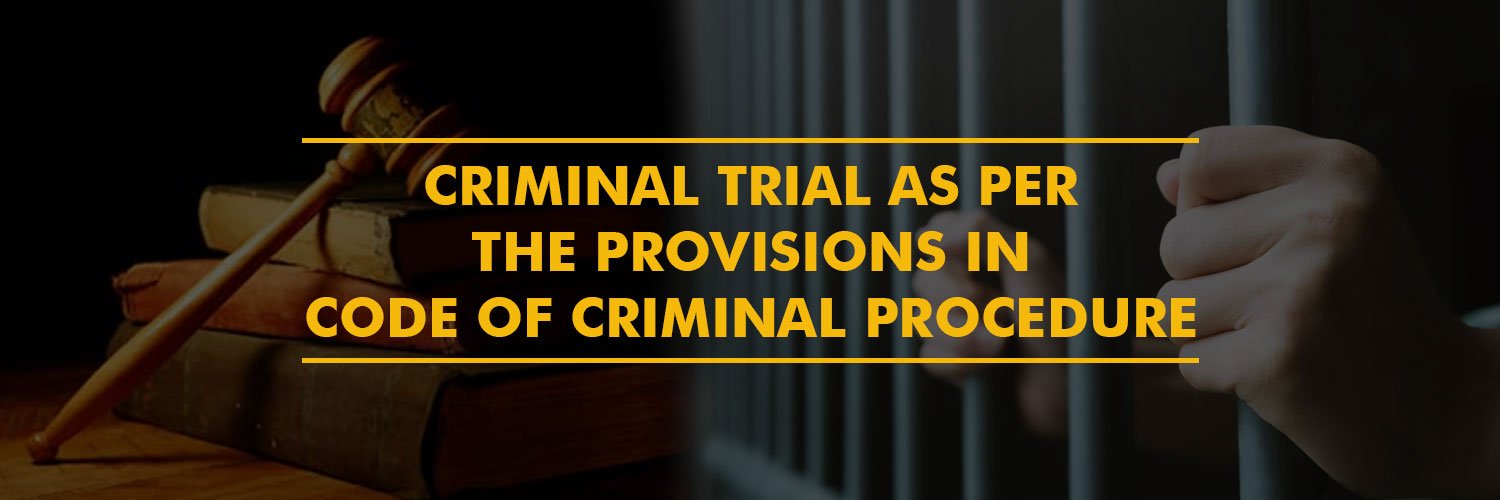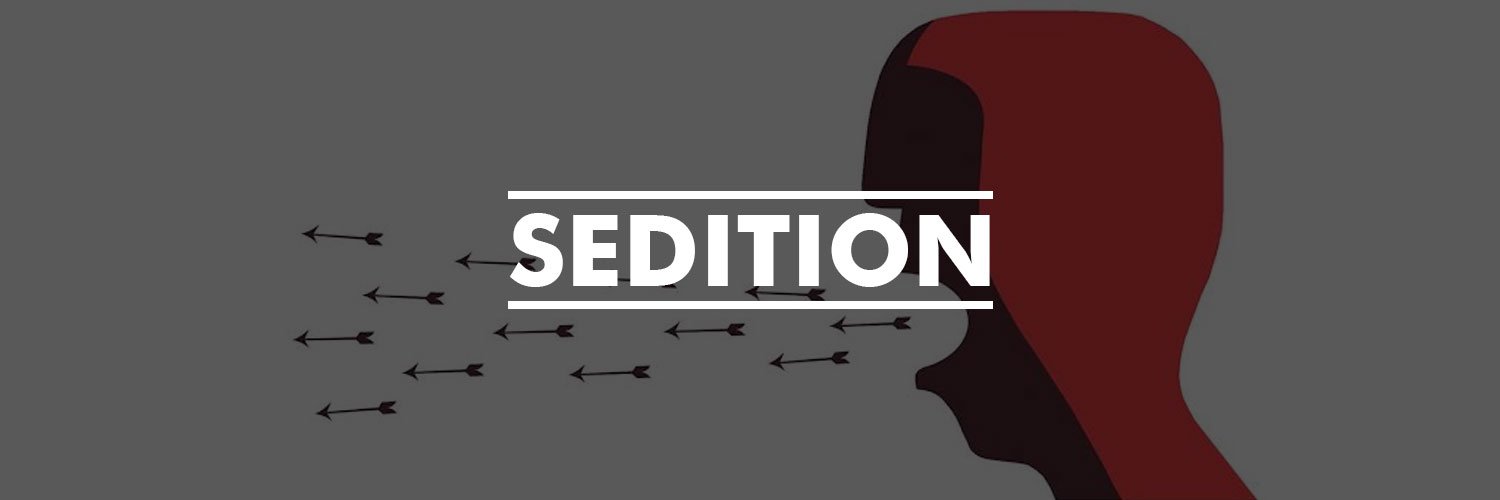Overview
A person who has not attained the statutory age of majority i.e., 18 years of age is treated as a Juvenile in Indian legal system. In common usage, they are known as minors. Any crime committed by minor falls within the purview of Juvenile Justice Act. The purpose of this act is to bring reasonable punishment, reformation, rehabilitation and justice to the minors. The aim of the Juvenile law is to reform the children. A child is less aware of laws of the country and therefore, he should be given a chance to reform.
It would be an injustice if minors are treated on equal terms with the adults. Unequal cannot be treated equally. As the parent of the nation, it is the duty of the State to prevent children from being exploited and become hardened beasts as a result of serious punishments, therefore, the Juvenile Justice Act provides for the protection and treatment of juveniles different from that of adults.
Crime Committed by Minor vs. Crime Committed by Adults.
- An offence committed by minor is known as a delinquent act rather than crime as for adults. This nomenclature is used keeping in mind the psychological impact that a word such as “crime” would form.
- Juveniles undergo adjudication proceedings rather than public trials.
- They can get bail and their sentence is maximum 3 years and can be reduced.
- In comparison to an adult, the minor till the age of 7 is presumed as “doli incpax” i.e., unable to understand the consequences of his action.
Amendments to Juvenile Justice Act of 2000
The juvenile act of 2000 was amended after the Delhi Gang rape case titled as Mukesh & Anr. Versus State for NCT of Delhi & Ors, Criminal Appeal Nos. 607-608 of 2017 (arising out of S.L.P. (Criminal) Nos. 5027-5028 of 2014), wherein one of the accused was identified as a juvenile who was a few months less of being 18 years of age. As per the Juvenile Justice Act, he was tried separately and was imparted punishment of three years. This decision was severely criticized and prompted key changes in the criminal system of India. Several protests and writ petitions were filed before the Supreme Court seeking that the boy should be tried as an adult in a court. The victim’s mother criticized the law of giving him only 3 years sentence. She said it would be an injustice to her daughter for such barbaric act committed by him. This issue was raised by the media and became a very sensational point. It was pleaded that by protecting such juveniles, we are giving hopes to them. They would be protected even if they commit such delinquent act.
On 12 August 2014, Maneka Gandhi introduced the bill to amend Juvenile Justice Act. This bill was passed on 15 January 2016. The new Act namely, Juvenile Justice (Care and Protection Children) Act, 2015 replaced the Indian juvenile delinquency law, Juvenile Justice (Care and Protection of Children) Act, 2000.
Key Changes:
The new Act allowed the minors in the age group of 16 – 18 years to be tried as adults in the event the commit heinous crime such as rape, murder etc. The new Act brought the following key changes in the Juvenile laws:
- The crimes under this act were divided into three different categories i.e. the petty offence, serious offences and heinous offences.
- Every district to have Juvenile Justice Board, to deal with children in conflict with the law.
- The board must comprise of a metropolitan judge and judicial magistrate with two social workers along with women.
- In all cases, apart from offences of heinous crimes, the juvenile will get the institutional care for a maximum of three years by the Juvenile Justice Board
- In case of the offence committed by the juvenile in the age group of 16-18 years, the Juvenile Justice Board to determine if the juvenile should be tried as an adult or not while scrutinizing the nature and gravity of the offence so committed.
Criticism
- The term “heinous” used in context to determine the severity of the crime is extremely ambiguous and subjective.
- Judicial Waiver System, according to which a juvenile may be tried as an adult for the purpose has been criticized. It is considered to be against the rights and protection of juveniles.
- It also violates the UN Convention for protection of child rights. India is a signatory. The convention maintains that till 18 years of age a child cannot be treated as an adult for crimes.
- Most of the children committing heinous offences come from the poor and illiterate families. There is need to teach them about the law and giving them harsh punishment is not the answer.
- It would be against our social culture to violate child protection rights.
- Moreover, the law is opaque regarding the determination of the age for the juvenile. Whether to consider him an adult for the offence or not, remains a question.
- The judgement is rather a retributive form in a reformative form of justice.
- Instead of passing such stern legislations, the Juvenile Observation Homes rather need to have a better approach towards reform and rehabilitation. Even if after spending 3 years in an observation home, a juvenile undergoes no change in mindset, then it is the system which needs to be questioned.
Conclusion
The Juvenile Justice (Care and Protection Children) Act, 2015 biggest reform in laws related to juveniles. It created fear in the minds of juveniles regarding the commitment of heinous offences. They cannot take the protection of being a minor. With the change in time, the minors must know what they are doing and what its consequences would be. It is observed that most of the offences against girls are committed by teenagers. The rate has been increasing year by year. The protection is not to be given only to the offender but also the victim. It would be an injustice to the victim if for the heinous crimes like rape, murder, dacoity, kidnapping etc. committed by the minors are protected by the state. It is necessary to control the crime at the budding stage to prevent it from spreading its roots.






